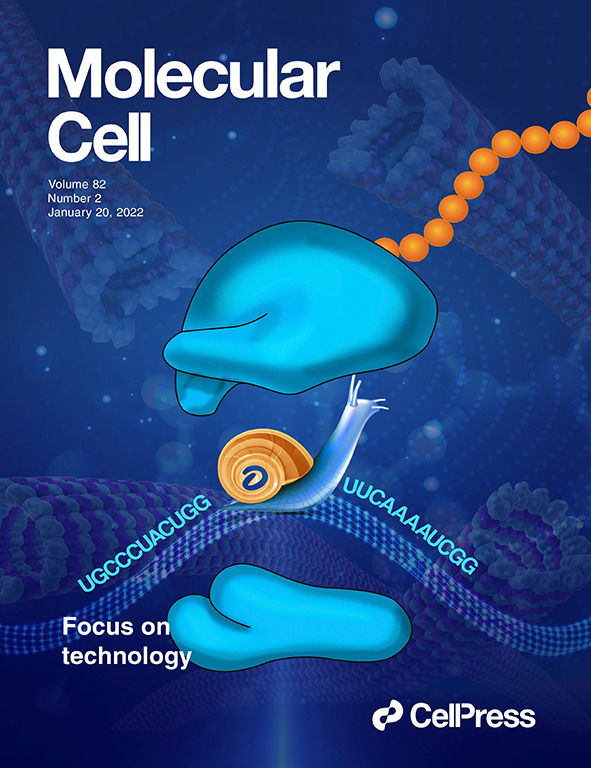Dietary salt induces taste desensitization via receptor internalization in Drosophila in a sexually dimorphic manner
IF 6.5
3区 生物学
Q2 BIOCHEMISTRY & MOLECULAR BIOLOGY
引用次数: 0
Abstract
Sodium homeostasis, which is critical for survival, includes mechanisms for regulating salt intake that integrate central neural pathways with the peripheral taste system. Although the central homeostatic mechanisms of salt appetite are well-studied, the mechanisms by which dietary salt modulates peripheral taste responses remain unclear. We found increased dietary salt reduces salt preference in Drosophila by desensitizing sweet gustatory receptor neurons independent of internal sodium levels. We observed a reversible suppression of salt-evoked neural responses following salt exposure accomplished via clathrin-mediated endocytosis in males and both clathrin- and C-terminal binding protein-dependent endocytosis in females. We also found reversing gustatory receptor neuron sexual identity switched the desensitization pattern, indicating cell-autonomous control of this sexual dimorphism. Moreover, C-terminal binding protein-mediated macropinocytosis in females also dampened sweet taste responses, revealing a sex- and modality-specific mechanism underlying sensory adaptation. These findings reveal dietary experience can affect feeding behavior by reprograming peripheral taste responses, clarifying the plasticity of nutrient sensing.
饮食盐诱导味觉脱敏通过受体内化在果蝇在两性二态的方式。
钠稳态对生存至关重要,包括调节盐摄入量的机制,该机制整合了中枢神经通路和外周味觉系统。虽然盐食欲的中心稳态机制已经得到了很好的研究,但饮食盐调节周围味觉反应的机制仍然不清楚。我们发现增加的饮食盐通过使独立于体内钠水平的甜味味觉受体神经元(grn)脱敏,降低了果蝇对盐的偏好。我们观察到盐暴露后盐诱发的神经反应的可逆抑制,通过网格蛋白介导的雄性内吞作用和网格蛋白和ctbp依赖的雌性内吞作用完成。我们还发现,逆转GRN性别身份改变了脱敏模式,表明细胞自主控制这种性别二态性。此外,ctbp介导的雌性巨噬细胞增多症也会抑制甜味反应,揭示了一种基于性别和模式的感觉适应机制。这些发现表明,饮食体验可以通过重编程周围味觉反应来影响摄食行为,阐明营养感知的可塑性。
本文章由计算机程序翻译,如有差异,请以英文原文为准。
求助全文
约1分钟内获得全文
求助全文
来源期刊

Molecules and Cells
生物-生化与分子生物学
CiteScore
6.60
自引率
10.50%
发文量
83
审稿时长
2.3 months
期刊介绍:
Molecules and Cells is an international on-line open-access journal devoted to the advancement and dissemination of fundamental knowledge in molecular and cellular biology. It was launched in 1990 and ISO abbreviation is "Mol. Cells". Reports on a broad range of topics of general interest to molecular and cell biologists are published. It is published on the last day of each month by the Korean Society for Molecular and Cellular Biology.
 求助内容:
求助内容: 应助结果提醒方式:
应助结果提醒方式:


